When people are planning a liveaboard trip, one of the most common questions that we get asked is “What do I need to bring with me?”
It’s a sensible question, and people are sometimes surprised at the answers.
You shouldn’t bring too much – as there is very little storage in the cabins. Try to fit everything for your trip in a soft sided sports bag or backpack.
.
Here’s our list of liveaboard essentials>/p>
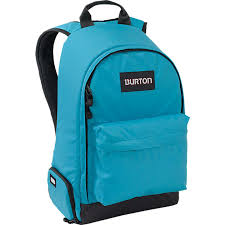
This is our top 10 list of liveaboard essentials
- Coral safe sunscreen
- Re-fillable water bottle
- Small dry bag
- Prescription Meds or cigarettes
- 2 or 3 Swimsuits / Swim shorts
- Travel towel
- Just 2 or 3 T-shirts / shorts
- Thin hoodie and long trousers
- Dive log book
- A little cash
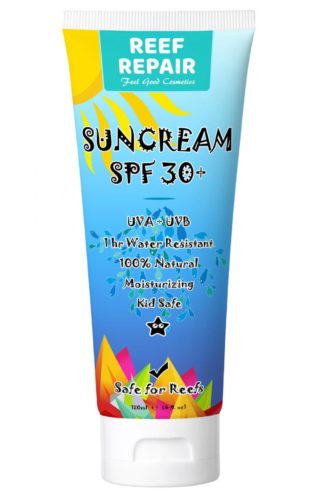
1. Coral Safe Sunscreen
Sunscreen is both a lifesaver and a curse. If we’re out in a tropical climate then we all know that we need to slap the sunscreen on to save our skins. But the chemicals which block the sunlight to our skin, can also block the sunlight to the corals, and they need the sun. Some of the chemicals are particularly toxic to the reefs and should be avoided if you have any intention of getting into the water. Chemicals to avoid are oxybenzone which damages the coral in many ways, octocrylene, 4MBC, butylparaben and octinoxate.
Do use sunscreens that contain Zinc Oxide and Titanium Dioxide
Even better still, cover up with high SPF clothing.
The best way to protect the coral reef is to minimise sunscreen application, instead covering your skin with a long-sleeve shirt, rash guard and wet suit. Divers Alert Network, the largest scuba diving safety association, says applying lotion to only the neck, face, feet and back of hands can reduce sunscreen loads into the water by 90 percent.
2. A Re-useable
Water Bottle
Bringing your own water bottle means that you can take your water with you on beach trips, and add electrolyte drinks as needed. Plastic water bottles have a long term damaging effect on the environment, as they take years to biodegrade. They routinely end up in the ocean, littering the reefs.
Many plastic bottles still contain BPA, and when they get hot the risk of BPA leaching into your drinking water increases.
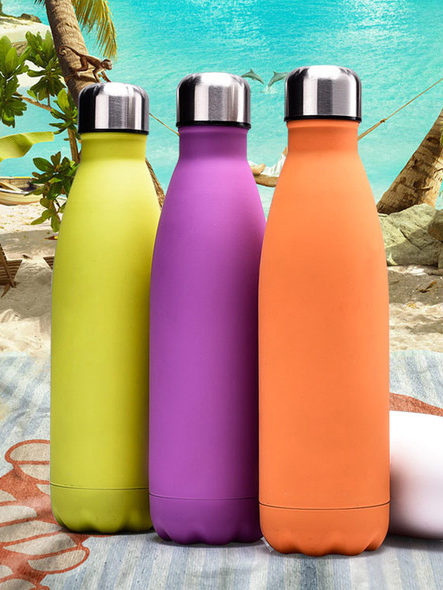
By changing to a re-useable aluminium water bottle you remove the BPA risk entirely, reduce the plastic pollution into our oceans, and when it eventually needs to be replaced, aluminium is one of the most recyclable substances around.
As a side note, the Similan Islands National Park does not allow any single use plastics into the park, so a re-useable bottle really is a liveaboard essential!
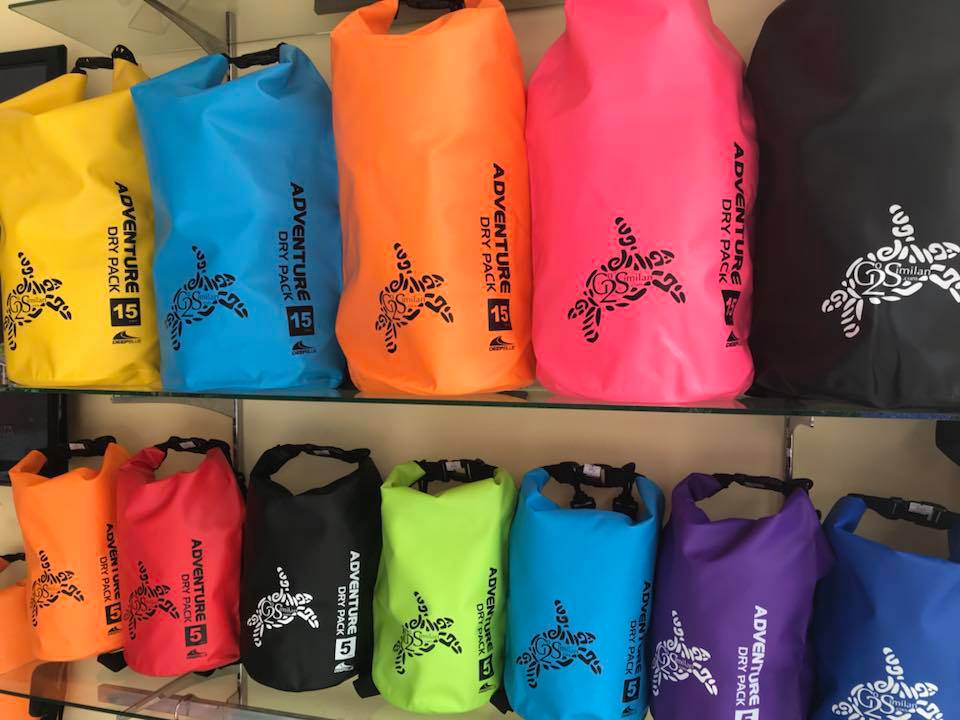
3. A Small dry bag
There are some things you won’t want to leave behind that don’t react well to water – phones, cameras, passports
….
Take a small dry bag, between 5 -15 litres that you can put them in when you’re not using them, so that your valuables stay dry.
4. Prescription Medicines and Cigarettes
There are no shops, chemists or corner stores out on the ocean, so if there is anything that you can’t survive without such as prescription medicines, cigarettes or M&M’s, bring them with you.
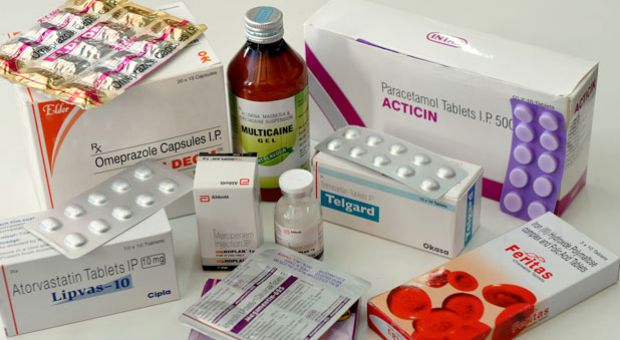
This doesn’t mean go crazy with a full trauma kit and 20 varieties of antibiotics – the boat will have a fully stocked first-aid kit, emergency oxygen, seasickness tablets, emergency antibiotics and anti-histamines.
However, if something is important to your general wellbeing, and you’d be lost without it, then it is a liveaboard essential, so bring it along.
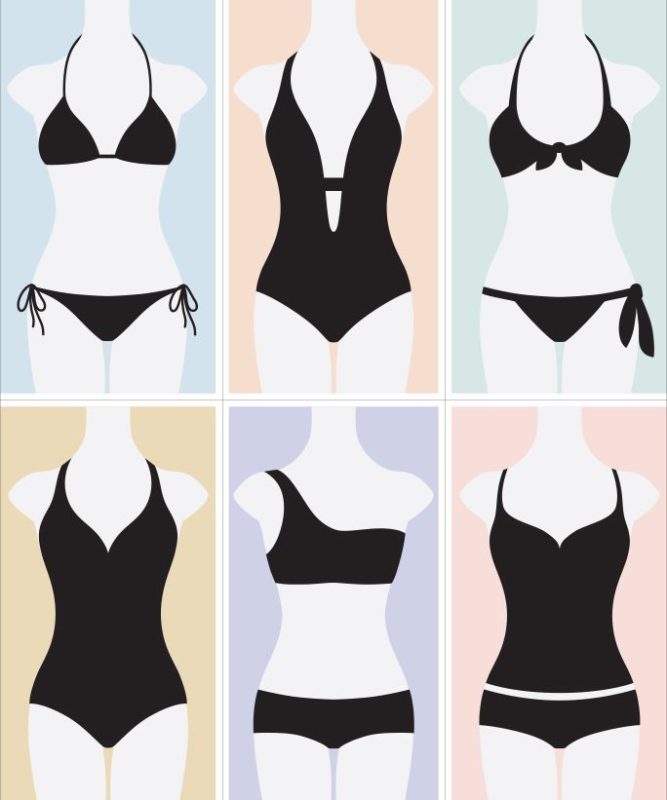
5. Swimsuits
You’ll spend the next few days living in your swimwear, so bring enough to last you!
It’s easy enough to rinse out your bikini or swim shorts, and hang them out on the rail to dry, but to avoid sitting around in wet gear, bring enough for a couple of changes.
6. Travel Towel
Most boats will provide towels, but you’re going to need to dry off after every dive.
Bring a lightweight quick-drying travel towel that you can use during the day. This way your boat-supplied towel is clean and dry for when you come out of that lovely long shower at the end of the day.
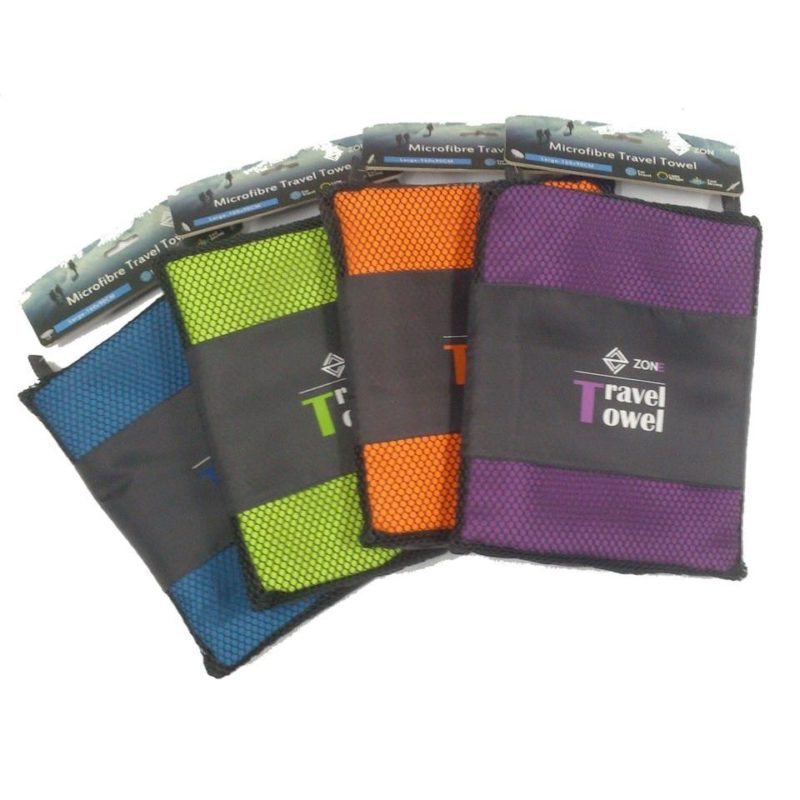
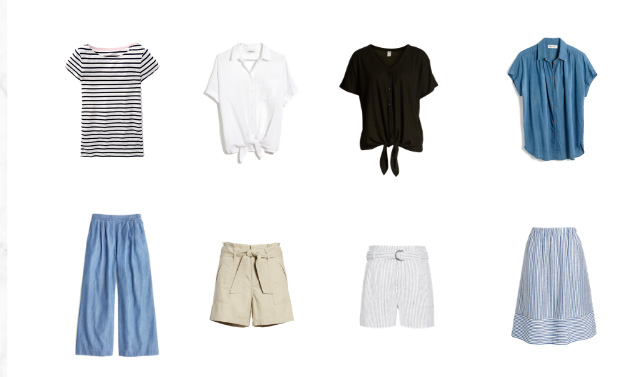
7. Just 2 or 3 sets of T-shirts and Shorts
Most of the time you’ll be in your swimwear, or in your wetsuit. You only really change into clothes in the evening for a couple of hours during dinner and before bed. So 2 or 3 T-shirts and the same in shorts is probably all that you’ll need.
A wrap or sarong makes a great ‘between dives’ outfit for during the day. It gives you a touch of modesty and a bit of sun protection without being too hot or restrictive.
8. Thin hoodie and lightweight long trousers
It can get chilly in the evening even in the tropics. On some boats the air-conitioner temperature is set colder than you may prefer. Depending on the design of the boat, or the sleeping arrangements on your trip, you may not have control over the air-con temperature.
In this case a thin hoodie and a pair of lightweight trousers for sleeping in, may just make all the difference to your night time comfort.
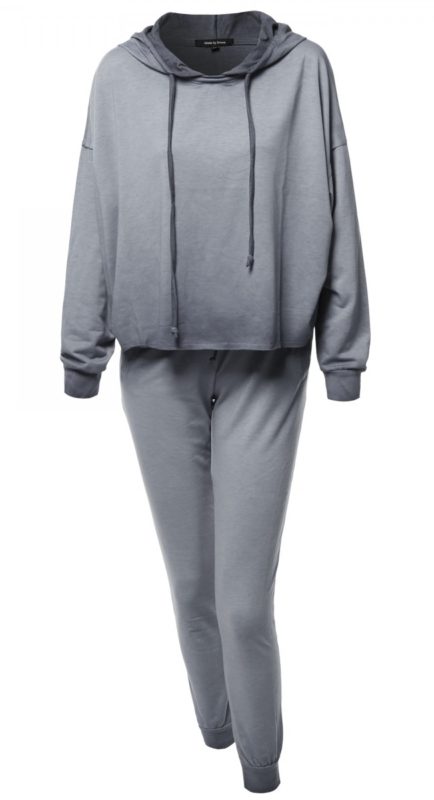
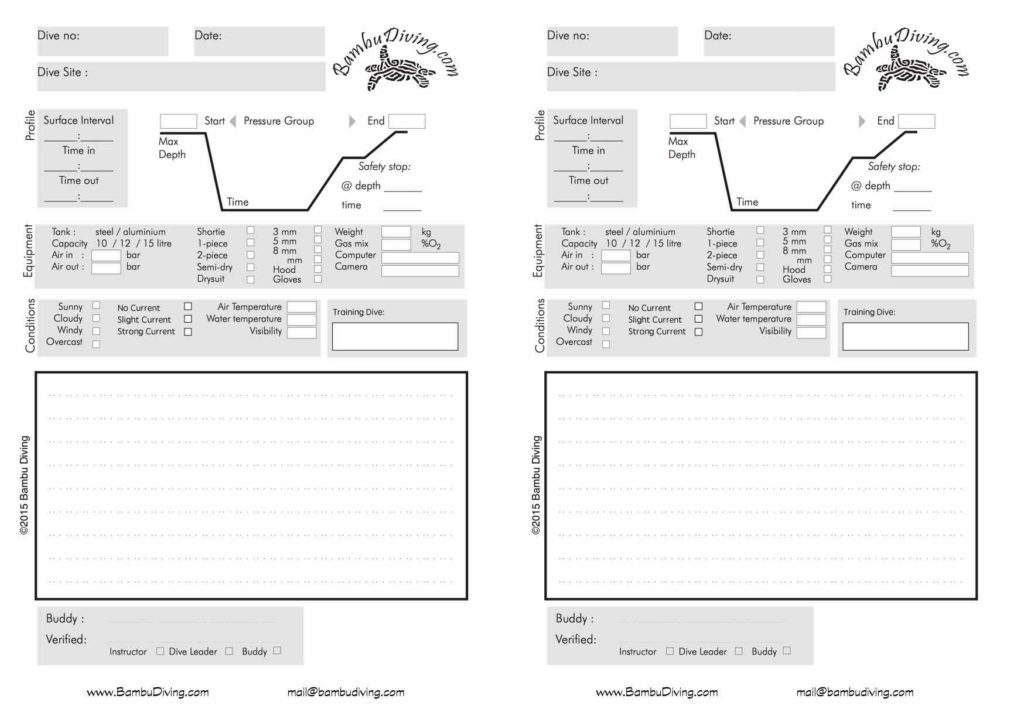
9. Dive Log Book
You’ll see some amazing things, and you’ll probably improve your diving a lot along the way. Make sure you bring your dive log book with you so you can record all those wonders.
Take the opportunity to make notes on changes to your diving as well. Reducing the amount of lead that you need as you become a better diver is a common occurrence on a multi-dive trip.
The dive staff will need to see proof of your diving certification. So if you haven’t already shown someone in the office when you booked, make sure you take that too.
10. A Small Amount of Cash
Most liveaboard boats offer food and soft drinks within the price, but beers, wines, T-shirts, and some soft drinks are extras.
Don’t take your entire holiday fund, but take enough cash with you to treat yourself at the end of a day.

Remember to have enough with you to tip the boat crew (captain/cooks/boat boys) and also your dive-guide.
They all work hard looking after you, and leaving something in the tip-box to say thank you is always appreciated.

